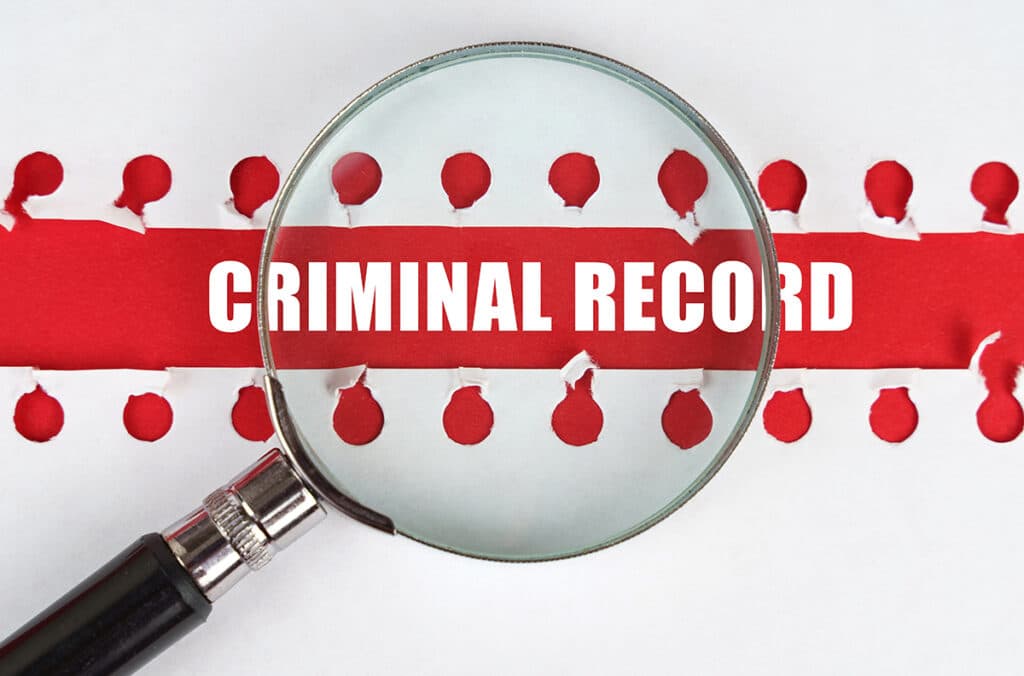
Excerpted from a Kansas City Star Editorial by Joel Mathis
Good intentions can sometimes meet harsh realities.
No one can doubt that then-Kansas Gov. Jeff Colyer, a Republican, had the very best of intentions in 2018 when he signed an executive order to “ban the box” in state hiring.
The “box” in question? It was the one on job applications, the one that had to be checked by people with felony convictions on their record. Advocates said banning that box — no longer asking about an applicant’s criminal history — meant giving those people a better chance at a second chance, to get a decent job and do some good in their lives.
Everybody deserves that second chance, right?
Lots of people thought so. Colyer signed the order at a ceremony packed with both Democrats and Republicans. It was a bipartisan affair.
The intentions were great. Now for the harsh reality.
Gov. Laura Kelly said this week that “independent investigators” are looking into the facts and circumstances surrounding the dispersal of federal aid during the pandemic. The probe comes after a former Kansas Department of Commerce official, Jonathan Clayton, leveled allegations that he had abused the process in conjunction with Lt. Gov. David Toland. (The department says those allegations are “categorically false.”)
Clayton is dead now, the victim of an apparent solo car crash in Harvey County.
And — we now know — he had a dark past: In 2018, he was convicted of stealing $200,000 from his employer in Philadelphia. At the time of his death, Clayton still owed a reported $195,000 in restitution.
Which raises an obvious question: How on Earth did somebody with such a big — and recent — red flag get hired by the state of Kansas to handle large sums of taxpayer money?
The answer, provided by Jonathan Shorman of The Kansas City Star and Chance Swaim of The Wichita Eagle: Nobody with the state did a national criminal background check on Clayton.
Let’s be clear here: The “ban the box” policy is not the whole problem. Colyer’s policy doesn’t limit criminal background checks, and the state can ask about that background later on in the hiring process. That didn’t happen in this case because — as Shorman and Swaim reported — the state doesn’t have a law specifically authorizing such checks for the position that Clayton held.
That will probably — hopefully — change during next year’s legislative session.
But it’s also worth asking if the state’s “ban the box” policy itself is worth keeping around.
Probably not. It’s clearly not good for the state: Even if Clayton’s allegations turn out to be completely without merit, they’ve created a scandal that will consume time and money and headaches galore through state government.
And if they do have merit, well, look out.
As for job applicants: The point of having such a policy is to give people with felony convictions that aforementioned second chance. Does it actually work that way? Not really.
Research on the effects of “ban the box” policies in the states and cities where they exist indicates they can prompt some employers to start discriminating against Black and Latino applicants — and, ultimately, they don’t do much to move the employment needle for people with felony records.
Banning the box “seems really in line with the American view of second chances,” the University of Chicago’s Robert Kaestner said in May. “But we found basically nothing. These laws had no negative effect, but no positive effect either.”
Which leaves us with a conundrum. How can Kansas offer a fresh start to ex-convicts while also protecting taxpayer interests?
For the full story, please click here.
